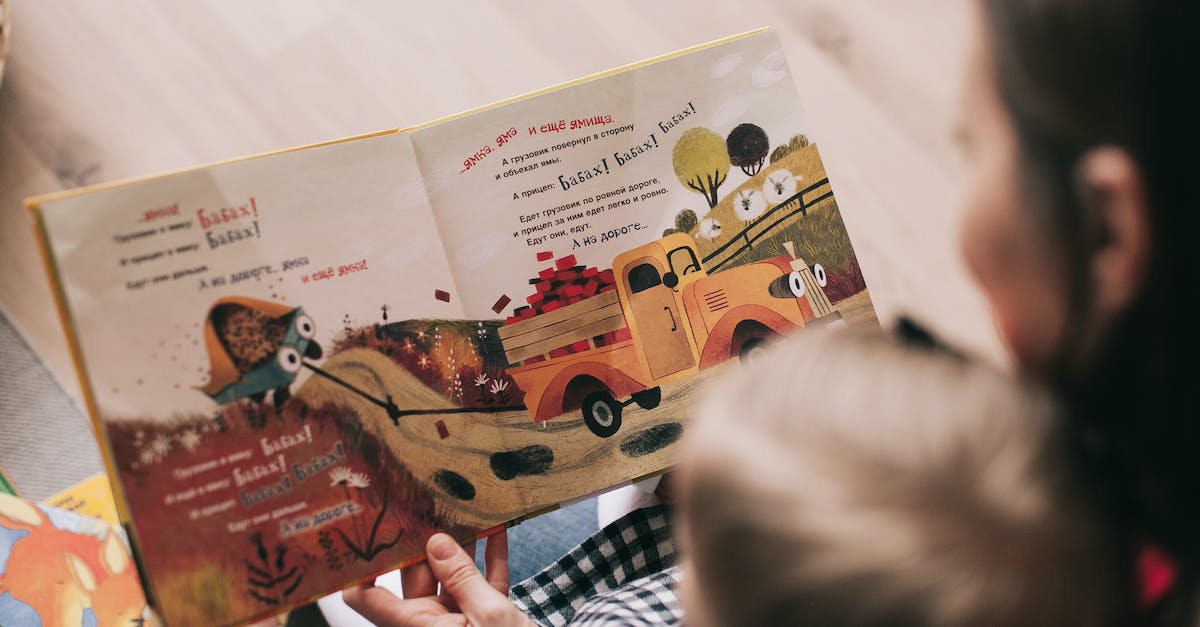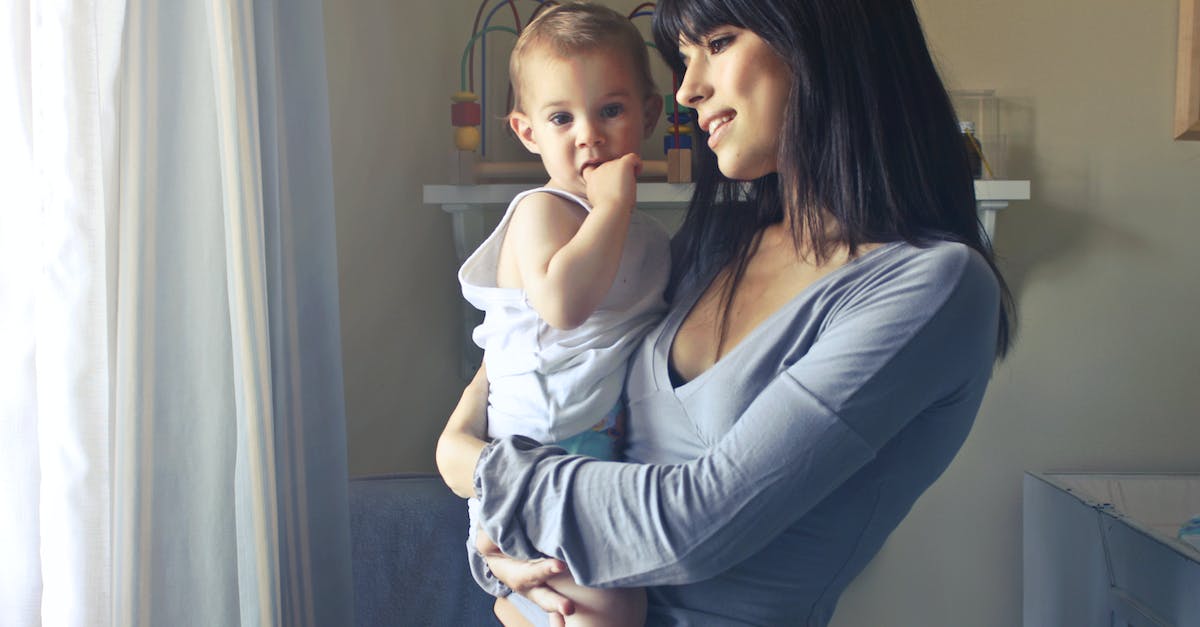Oh, my sweet little ducklings! Welcome to the most miraculous, exciting, and utterly exhausting journey of your life… parenthood! Being a mom is amazing, but let’s be honest, it can also be a bit… challenging at times. With all the drool, diaper changes, and sleepless nights, it’s easy to feel a little overwhelmed.
But don’t worry; mama bear is here to help! Today, we’re going to be talking all about how to care for your newborn baby. From feeding and changing to bathing and sleep schedules (or lack thereof), we’ve got you covered!
I still remember the day my little bundle of joy arrived, and let me tell you, I was NOT prepared! I mean, who can really prepare for a tiny human being that literally depends on you for everything? But with a little help, a lot of love, and a sprinkling of humor, we all made it through.
So, whether you’re a first-time parent or a seasoned pro, sit back, relax, and let’s dive right into the wonderful world of newborn care!
Preparing for the Baby’s Arrival

You’re about to embark on an incredible journey as a new mother. One of the most important things you can do for your newborn baby is to prepare for their arrival. Here are some tips to help make the transition smoother for both you and your baby:
- Create a baby registry: Make a list of everything you’ll need for your baby, from diapers to pacifiers to a crib. Create a registry on your favorite store’s website, or use a universal registry like Amazon or MyRegistry, to make it easy for friends and family to purchase gifts for you.
- Prepare the nursery: Create a cozy, safe space for your newborn by setting up the nursery. This includes assembling the crib, washing and organizing clothes, and stocking up on essential baby gear like a changing table, diaper pail, and baby monitor.
- Stock up on essentials: Make sure you have everything you’ll need for your newborn’s first few weeks of life. This includes diapers, wipes, diaper creams, onesies, swaddles, burp cloths, and nursing or bottle-feeding supplies.
- Set up a support system: Being a new mom can be overwhelming, so it’s important to have a support system in place. Reach out to family and friends who can help with meals, cleaning, or just emotional support. Consider joining a new mom’s group or finding a lactation consultant if you plan to breastfeed.
- Pack your hospital bag: As your due date approaches, make sure you have a hospital bag packed and ready to go. This should include comfortable clothes, toiletries, snacks, and anything else you’ll need during your hospital stay.
Preparing for a new baby can be a lot of work, but it’s worth it to ensure a smooth transition for both you and your baby. Happy nesting, mama!
Bathing Your Newborn

Bathing your newborn can be intimidating, but it doesn’t have to be! Here are some tips to make bath time a breeze.
- Find the right temperature: The water should be warm, but not too hot. Aim for around 100°F (38°C). Test the water with your elbow or the inside of your wrist to make sure it’s not too hot.
- Gather your supplies: You’ll need a basin or baby bathtub, a mild soap, a washcloth, and a towel. In addition, make sure the room is warm and draft-free.
- Clean their face first: Use a damp washcloth to clean your baby’s face, ears, and neck. Gently wipe around their eyes, make sure to get the folds of their neck, and use a new corner of the washcloth for each area.
- Wash their body: Lift your baby out of the basin or bathtub and onto a soft towel. Lather up a washcloth with soap and gently wash their body, starting from the top and working your way down. Clean their arms, legs, belly, and back, again using a new corner of washcloth for each area.
- Clean their genitals: Use a fresh washcloth to clean your baby’s genitals, wiping front to back for girls. Be sure to wipe all the creases and folds, and use a separate washcloth for their bottom.
- Rinse and dry: Use clean water or a pitcher to rinse off any soap residue, and then wrap your baby in a clean towel. Gently pat them dry, paying special attention to their bottom and any folds of skin. Don’t forget to dry between their toes!
Remember, it’s important to NEVER leave your baby unattended in the bathtub. Bath time should be a fun and bonding experience for both you and your little one, so relax and enjoy the moment!
Changing Newborn Diapers

Changing diapers is an inevitable task that comes with having a newborn baby. In the first few weeks, your little one will need to be changed frequently, so it’s important to learn how to do it properly. Here are some tips on how to change your newborn’s diapers like a pro:
- Be prepared: Before changing your baby’s diaper, make sure you have everything you need within arm’s reach. This includes clean diapers, wipes, diaper cream, and a changing pad.
- Find a safe spot: Choose a flat and safe surface to change your baby. Many moms prefer to use a changing table, but a bed or a clean floor can work too. Just make sure to never leave your baby unattended on any surface!
- Remove the dirty diaper: Carefully undo the tabs on your baby’s diaper and lift their butt off the diaper. Use the front of the dirty diaper to wipe off any poop from their bottom, and then use wipes to clean their skin. For baby girls, always wipe from front to back to avoid spreading bacteria.
- Apply diaper cream: If your baby’s skin looks red or irritated, apply diaper cream to protect their skin from wetness and friction.
- Put on a clean diaper: Slide a fresh diaper under your baby and fasten the tabs. Make sure the diaper is snug but not too tight. You should be able to fit two fingers between the diaper and your baby’s tummy.
- Dress your baby: If you want to dress your baby in a new outfit, do it after changing their diaper to avoid getting it dirty again. And don’t forget to praise your baby for being such a good sport during the whole process!
Changing your baby’s diapers can seem overwhelming at first, but with practice, you’ll become a pro in no time. And remember, always wash your hands before and after each diaper change to keep your baby healthy and germ-free.
Feeding and Burping Your Baby

Feeding and burping your newborn can seem overwhelming at first, but with a little practice it will become second nature. Here are some tips:
- Feed your baby every 2-3 hours: Newborns have tiny tummies and need to eat frequently. Wake your baby up for a feeding if they have slept for more than 3 hours.
- Hold your baby properly: Cradle your baby in your arms, making sure their head is supported. Your baby’s mouth should be at the level of your nipple.
- Watch for feeding cues: Your baby will show signs of hunger, such as sucking on their hands or rooting (turning their head towards your breast). Respond promptly to these cues.
- Burp your baby: After feeding, hold your baby upright and gently pat their back until they burp. This helps prevent gas and colic.
- Use the correct bottle: If you are bottle-feeding, choose a bottle with a slow-flow nipple. This prevents your baby from choking or getting too much milk at once.
- Be patient: Newborns may take a while to finish their bottle, so be patient and let them feed at their own pace.
Remember, feeding your newborn is a bonding experience, so enjoy these special moments together.
Soothing a Crying Newborn

- Rock your baby: Hold your baby close to your chest and gently rock them back and forth. This rhythmic motion can help soothe a crying newborn and make them feel safe and secure.
- Use white noise: The sound of a fan or a white noise machine can mimic the sounds of the womb and be calming for your baby.
- Swaddle them: Wrapping your baby snugly in a blanket can help them feel secure and calm down.
- Massage your baby: Gently rubbing your baby’s back, tummy, and feet can be soothing and comforting for them.
- Comfort nursing: If your baby is hungry and you’ve already fed them, comfort nursing can be a way to soothe them. Allow them to suckle at your breast for comfort, even if they’re not actively feeding.
Remember, every baby is different, and what works for one may not work for another. Don’t be afraid to try different techniques to find out what soothes your newborn best.
Developing a Routine for Your Newborn.

Developing a schedule or routine for your newborn is essential to ensure that they are healthy and happy. Here are some tips to help you create a routine that works for you and your little one.
- Ensure Adequate Sleep: Newborns sleep for about 16-17 hours per day, but this sleep can be spread out throughout the day and night. It is important to create a sleep schedule that works for both you and your baby. Helping your baby distinguish between night and day can be beneficial in establishing a nighttime routine.
- Establish Feeding Times: Whether you are breastfeeding or bottle feeding, establishing a feeding schedule is important. Feeding your baby as soon as they exhibit signs of hunger, such as sucking on their fingers or fussing, can help prevent overfeeding which can lead to digestive issues.
- Time Outdoors: Fresh air and sunshine can be beneficial for both you and your baby. Taking your newborn outdoors for some fresh air can help regulate sleep patterns and promote a healthy immune system.
- Bath time: Bath time can be a fun and relaxing way to establish a nighttime routine for your baby. A warm bath followed by a gentle massage and bedtime story can help signal to your baby that it is time to sleep. Over time, your baby will begin to associate this routine with going to sleep.
- Tummy Time: Tummy time is an essential part of your baby’s development. It can help strengthen their neck muscles and promote healthy motor skills. Start with short periods of tummy time and gradually increase the time as your baby becomes more comfortable.
- Playtime: Engaging in playtime activities with your baby can help promote cognitive development and socialization skills. As your baby grows, incorporating different types of toys and stimulating activities can help them learn and explore the world around them.
Remember, establishing a routine takes time and patience. Be flexible and adjust the routine as needed based on your baby’s individual needs. With consistency and time, you and your baby will settle into a routine that works for everyone.
Conclusion
Congratulations on the newest addition to your family! As a mom, I know firsthand just how overwhelming it can be to navigate the world of parenthood – particularly when it comes to caring for a brand new baby. But fear not – with a little bit of know-how and a whole lot of love, you’ll be a pro in no time!
From feeding and changing to bathing and soothing, there’s no shortage of things to keep in mind when caring for your little one. But let me tell you – it’s also a time filled with joy, laughter, and endless moments of wonder. There’s nothing quite like the feeling of holding your baby close and watching them grow and develop right before your eyes.
So take a deep breath, take it one day at a time, and don’t forget to enjoy this magical time. You may be tired, you may be sleep-deprived, and you may feel like you have no idea what you’re doing – but trust me, you’re doing great. And your little one? They’re lucky to have such a caring and dedicated parent. So here’s to many happy and healthy days ahead! Cheers, moms and dads!

